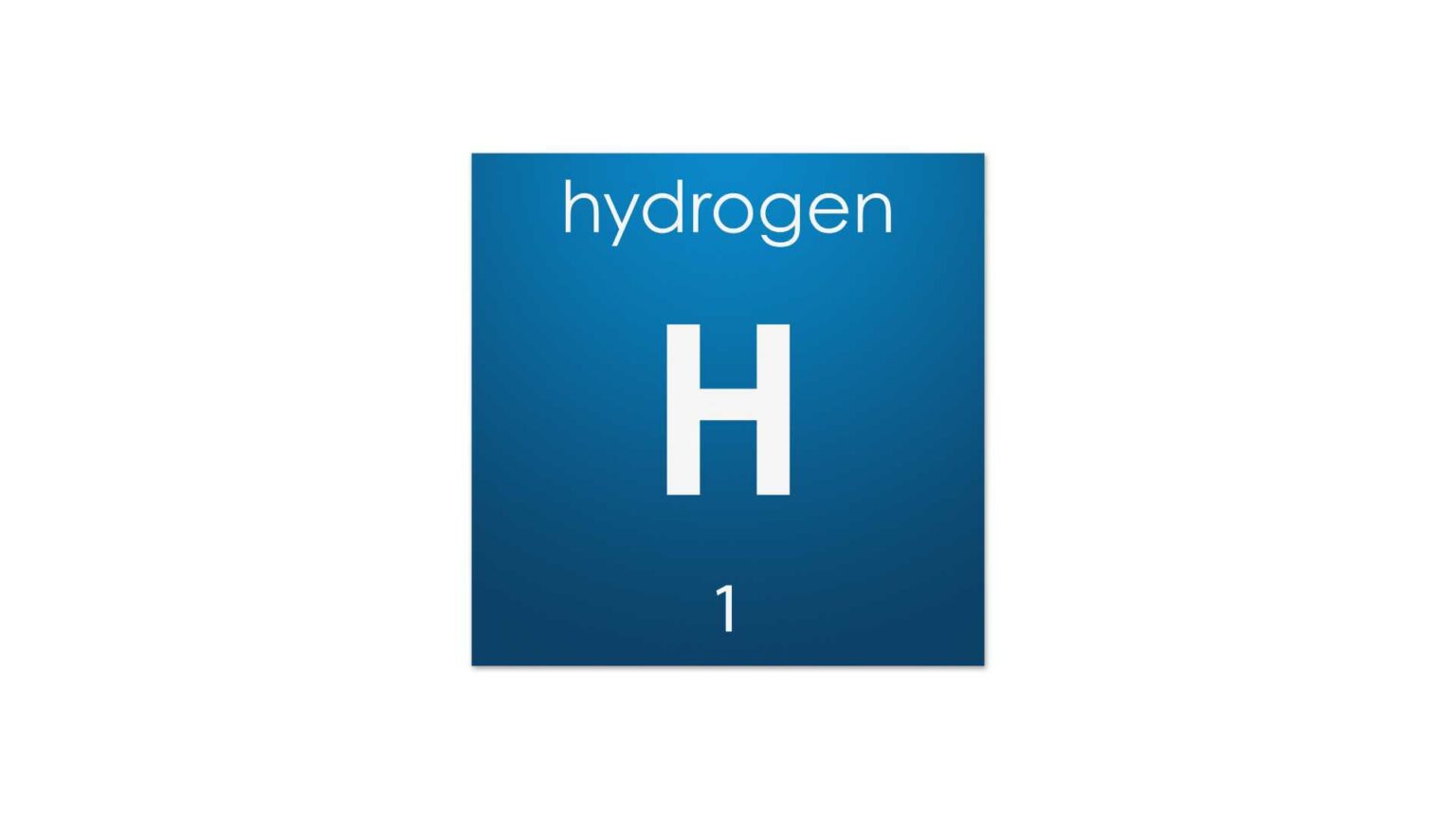A consortium of French hydrogen energy companies is embarking on a groundbreaking project to test a novel hydrogen power system aboard the Fortuna Crane, an older supply vessel. This project, known as “HydroSil,” aims to pioneer the use of a liquid, silicone-based hydrogen carrier, which has the potential to reshape the way ships store and utilize hydrogen fuel.
At the heart of this endeavor is the development of “HydroSil,” a carbon-free hydrogen carrier developed by the French startup HSL Technologies. Unlike most dissolved-hydrogen carriers, which rely on petroleum-based products, HydroSil is designed to carry hydrogen without the need for refrigeration or pressurization, making it more environmentally friendly and logistically efficient.
HSL reports that HydroSil can hold approximately nine percent of its weight in hydrogen, and it remains stable at ambient temperature and pressure. Furthermore, the hydrogen release process is remarkably energy-efficient, requiring no additional power input. This innovative solution could potentially reduce the space needed for on-board hydrogen storage by up to half when compared to conventional compressed hydrogen gas systems.
The Fortuna Crane, a 1975-built supply vessel, will be the proving ground for this groundbreaking technology. It is set to be retrofitted with HSL’s fuel storage system and a 50 kW hydrogen fuel cell provided by the French manufacturer Helion, a division of Alstom. This endeavor marks the first time that a liquid hydrogen carrier of this nature will be deployed aboard a ship.
The project brings together a range of industry partners, including BV, the Port of Esbjerg, German shipowner OS Energy, and the Anglo-European RESHIP program. The collaborative effort aims to demonstrate the compatibility of fuel cells with liquid hydrogen carriers, setting a new standard for clean energy use in the maritime sector.
The Fortuna Crane is a workboat with a rich history, originally built in 1975. It is equipped with a sizable 27-tonne crane on deck and a stern-mounted A-frame, making it suitable for a wide range of tasks, including survey work, buoy handling, UXO clearance, dive support, and various offshore supply roles.
In addition to the Fortuna Crane project, Helion holds a contract to deliver a larger 200 kW modular fuel cell system for the world’s first hydrogen hybrid-powered dredger, known as the HyDroMer. These initiatives illustrate the growing momentum in the maritime sector towards harnessing hydrogen as a cleaner and more sustainable energy source for the future.
The HydroSil project represents a significant step forward in the pursuit of cleaner and more efficient hydrogen fuel storage for ships. As the world grapples with environmental challenges, this endeavor showcases the innovative solutions being developed to reduce carbon emissions and environmental impact in the maritime industry.
The Fortuna Crane, with its pioneering use of HydroSil and hydrogen fuel cells, is a symbol of progress in the maritime sector’s journey toward sustainability. By proving the viability of liquid hydrogen carriers, this project could set a new standard for how ships power their engines and contribute to a cleaner, more environmentally conscious future for maritime transportation.
